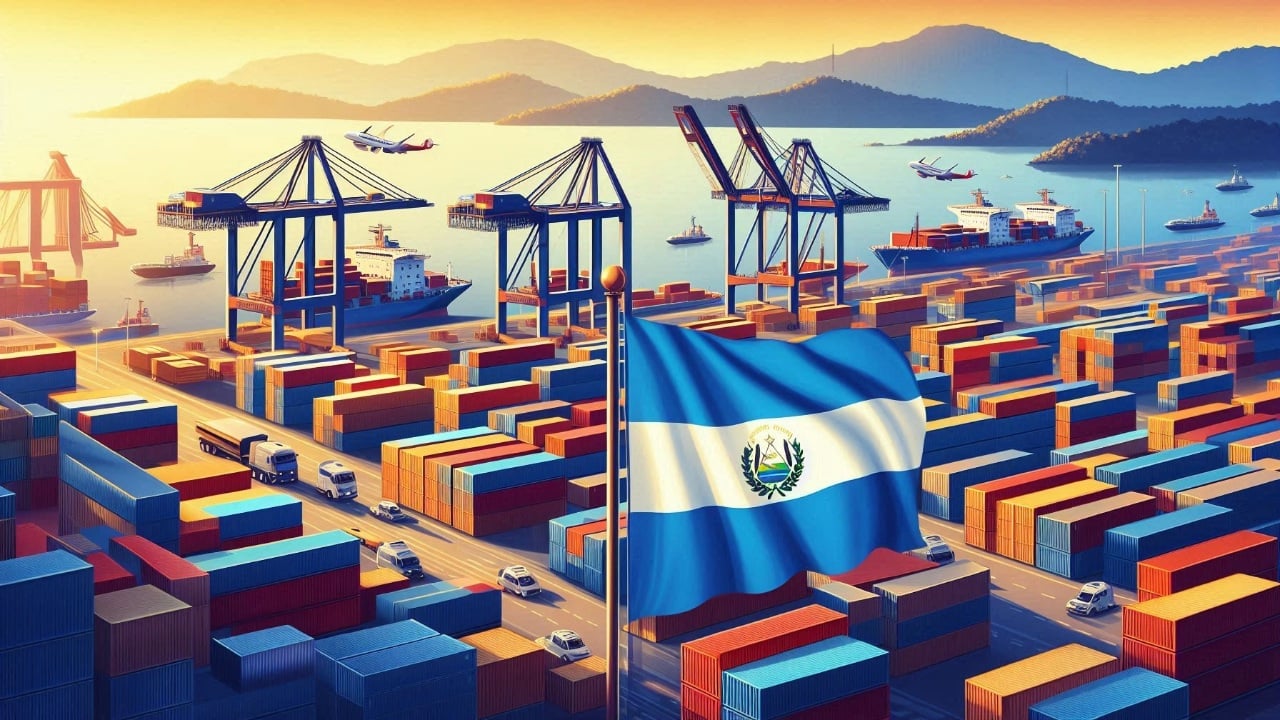Summary:
$1.61 billion investment announced for port infrastructure in El Salvador
Partnership with Yilport Holding, a Turkish port operator
Acajutla and La Union ports to be modernized over the next 50 years
Investment aims to reduce port response times and improve operational efficiency
Bukele's broader strategy includes eliminating import duties and expanding Farmers’ Markets
President Nayib Bukele has unveiled the third phase of his ambitious economic plan for El Salvador, aptly titled “Logistics.” This new phase focuses on securing substantial private investments aimed at modernizing the country's port infrastructure. The initial step of this initiative involves an impressive $1.61 billion investment dedicated to upgrading the Acajutla and La Union ports.
Major Investments in Port Infrastructure
El Salvador is actively seeking international investors to restore its economic stature. President Bukele took to X to announce this significant phase of his economic strategy during his second term. This initiative aims to attract major investments to enhance and renew the port facilities crucial to El Salvador's economy.
Bukele disclosed that this investment represents the largest private investment in the nation’s history, facilitated through a partnership with Yilport Holding, a Turkish port operating firm. This collaboration will channel over $1.61 billion into the renovation of two vital ports: Acajutla and La Union.
The investment will be overseen by the Autonomous Executive Port Commission (CEPA), which is the national body involved in the joint venture. Both companies will jointly manage the ports for the next 50 years, with investments rolling out in multiple phases starting at the end of this year.
In the preliminary phase, plans are underway to enhance the infrastructure of Acajutla and acquire new equipment to significantly reduce port response times. Meanwhile, La Union, once considered an alternative to the Panama Canal, will undergo dredging and receive new operational equipment to reactivate its functions.
This initiative is part of Bukele’s broader strategy to invigorate the national economy, which has faced deteriorating macroeconomic indicators compared to his first term, including experiencing the highest inflation rates among dollarized economies.
In an effort to combat these economic challenges, Bukele has also eliminated import duties on over a hundred goods for a decade and expanded Farmers’ Markets to enable Salvadorans to purchase essential groceries at more affordable prices.
What are your thoughts on Bukele’s plans to revamp El Salvador’s economy? Share your opinions in the comments below!









Comments